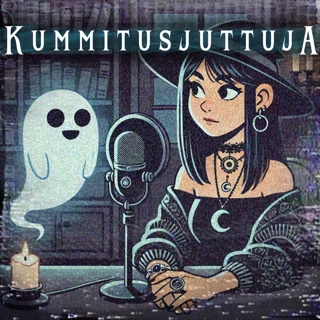
John Lukacs, “Blood, Toil, Tears and Sweat: The Dire Warning” (Basic Books, 2008)
Much has been written about Winston Churchill recently. Some love him, some hate him. But few understand him, at least as well as John Lukacs. That’s hardly a surprise as Lukacs has been thinking and writing about Churchill for over fifty years. He’s written a wonderful book focusing on one of Churchill’s best known speeches, namely the one he gave upon becoming Prime Minister on May 13, 1940. In it, Churchill uttered the memorable and ringing statement that he had nothing to offer the British people but “blood, toil, tears and sweat.” Hence the title of Lukacs’ book: Blood, Toil, Tears and Sweat. The Dire Warning (Basic Books, 2008). Things were bad, very bad, in May of 1940. Churchill knew it. We, as Lukacs points out, seem to have forgotten it. Britain was not only losing the war, but according to many had already lost it. For most, Churchill included, the question was not simply how to make the best of a bad situation, but whether the UK, the Empire, Europe and the cause of freedom would survive at all. Churchill wanted to tell all who would listen how disastrous and momentous things were. He found just the right words, though people at the time didn’t realize it. Only as the scope of the task became clear did “blood, toil, tears and sweat” gain the reality–and meaning–that they have for us today. We should thank John Lukacs for reminding us of them. Please become a fan of “New Books in History” on Facebook if you haven’t already. Learn more about your ad choices. Visit megaphone.fm/adchoices Support our show by becoming a premium member! https://newbooksnetwork.supportingcast.fm/military-history
18 Heinä 200839min

Kimberly Jensen, “Mobilizing Minerva: American Women in the First World War” (University of Illinois Press, 2008)
Today we have Professor Kimberly Jensen on the show. She teaches in the Department of History and in the Gender Studies Program at Western Oregon University. We’ll be talking with Kim today about her new book Mobilizing Minerva: American Women in the First World War (University of Illinois Press, 2008). I’m a bit of a war buff, so I was very eager to read the book. It certainly didn’t disappoint. The book offers a detailed analysis of female physicians, nurses and women-at-arms and their struggles before, during and after the war. And it’s fun to read. Did I say Kim got her Ph.D. right here at Iowa? Not that I’m biased… Please become a fan of “New Books in History” on Facebook if you haven’t already. Learn more about your ad choices. Visit megaphone.fm/adchoices Support our show by becoming a premium member! https://newbooksnetwork.supportingcast.fm/military-history
31 Touko 20081h





















